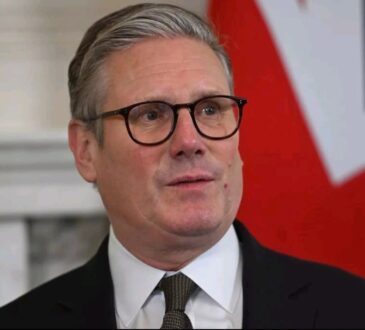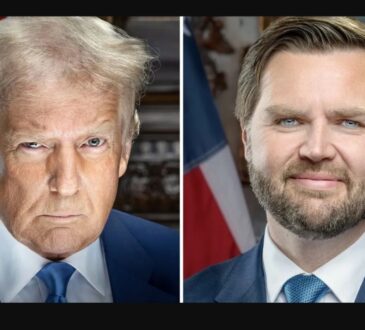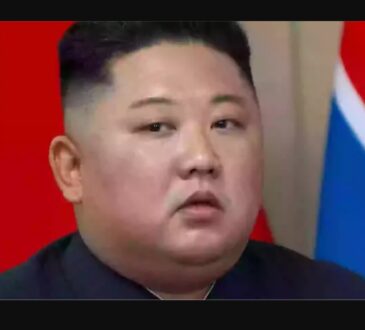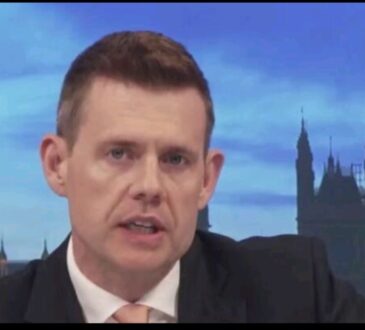
In a recent interview on gbnews Tv, Rebecca Jane, Deputy Leader of UKIP expressed doubts about Boris Johnson’s compatibility with UKIP, suggesting that the Prime Minister’s actions and decisions do not align with the party’s principles. She emphasized that they were speaking from their own perspective and not on behalf of UKIP.
Rebecca Jane questioned the prevailing belief that Boris Johnson is a savior figure, highlighting that he is actually the person responsible for the current state of the country.
They cited his handling of Brexit, signing up for Net Zero, and perceived failures on immigration as evidence of his detrimental impact. Furthermore, they criticized the Conservative Party’s internal dynamics, labeling Chancellor Rishi Sunak as a “snake” who orchestrated a plan to oust Johnson.
While some sympathize with Johnson, suggesting that he was unfairly removed by a “kangaroo court,” Rebecca Jane disagreed, emphasizing that the Prime Minister deserves the consequences of his actions.
They further criticized Johnson’s portrayal of himself as an honest individual, stating that he is merely playing a character and manipulating public perception. They urged people to look beyond the facade and assess the current state of the country objectively.
When asked about the possibility of Johnson joining UKIP, the Rebecca Jane dismissed the idea, revealing insider information that Boris Johnson has obtained a substantial amount of money.
They speculated that he might utilize those funds to establish his own political party rather than aligning with existing ones. Although the Rebecca Jane did not believe Johnson would join UKIP, they suggested that other reformist parties might take advantage of the situation.
The conversation shifted to the broader political landscape, with the interviewer questioning the democratic implications of a few committee members influencing the fate of an elected leader.
The Rebecca Jane acknowledged the corrupt nature of politics and emphasized the need to understand the game being played by self-serving individuals. They expressed concerns about the erosion of democratic values and drew parallels between the situation and the actions of dictators.




